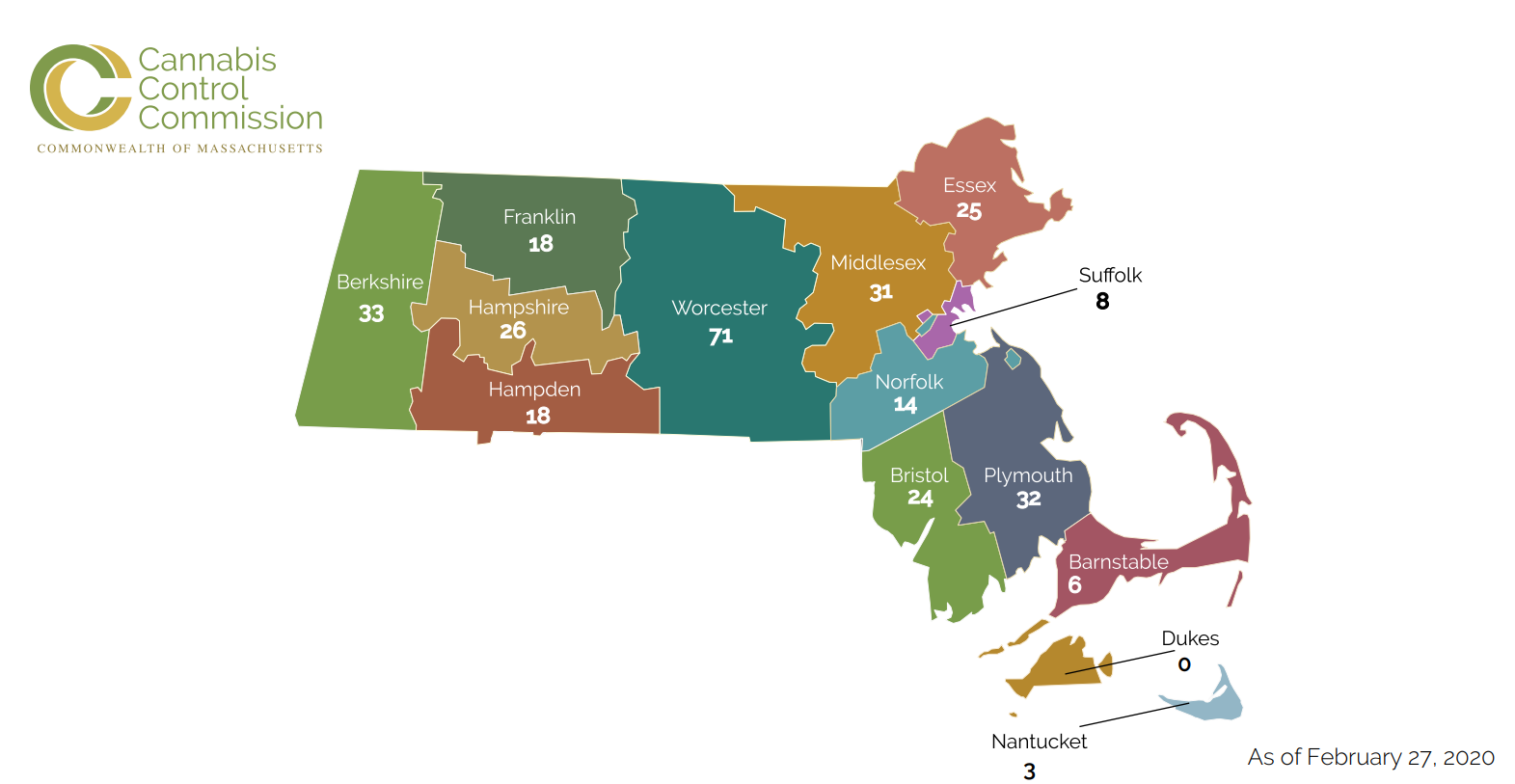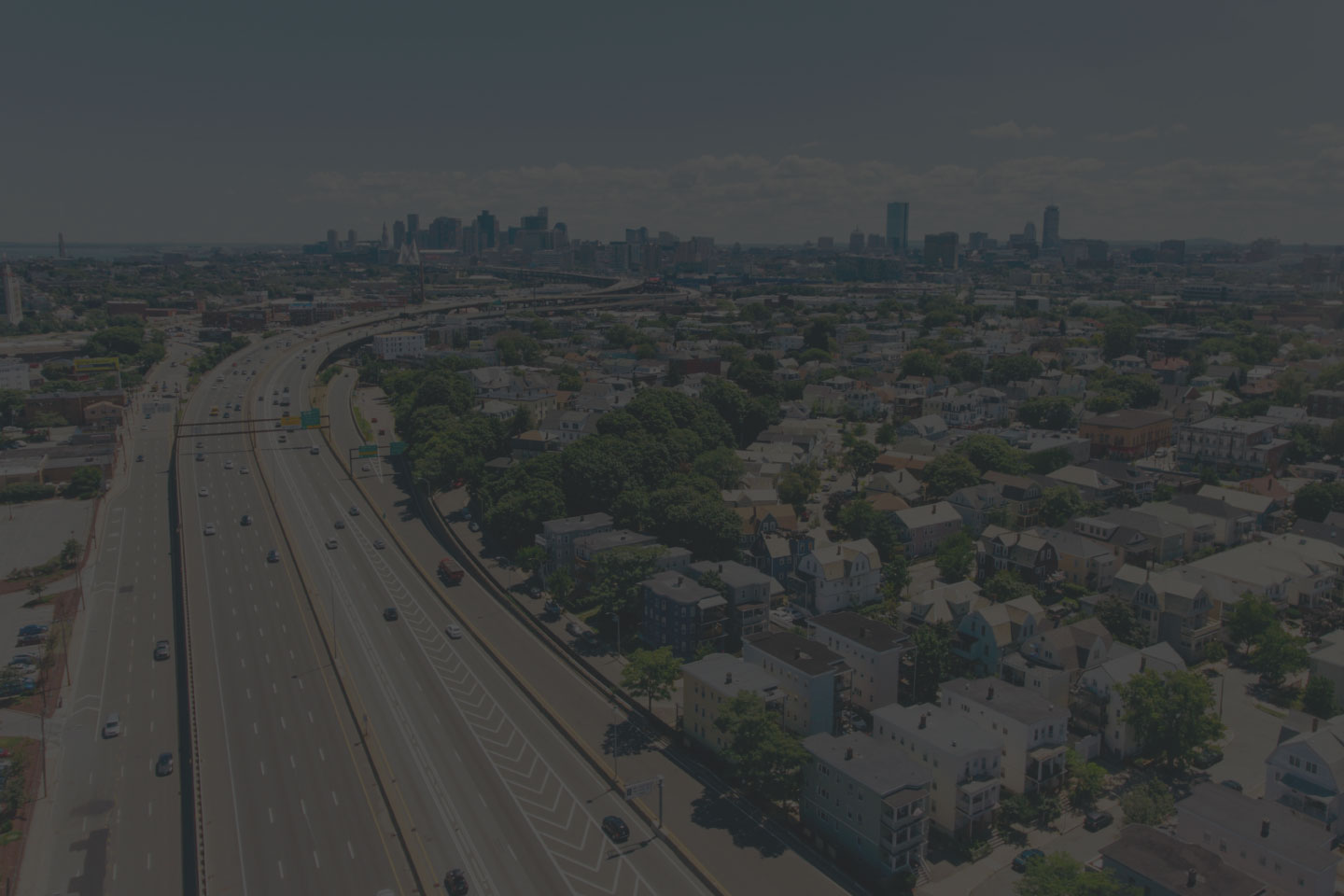In 1911, Massachusetts was the first state in the U.S. to make cannabis illegal when it outlawed “Indian hemp” sales, except by licensed pharmacists on doctors’ prescriptions.
The effort to criminalize cannabis was led by the New England Watch and Ward Society, which was once a powerful organization that led the “public morality” and “Banned in Boston” movements. Their targets included certain books, prostitution, gambling and vice, and, of course, marijuana, according to author Paul C. Kemeny, in an interview with GCC.edu.
Despite our past, Massachusetts is now one of the most cannabis-progressive states. How did we transition from being the first state to restrict cannabis to being at the forefront of cannabis legalization? Take a look at the long history of cannabis laws in Massachusetts to find out.
Timeline of Cannabis Laws in Massachusetts
- April 1911: Massachusetts becomes the first state to officially make cannabis illegal.
- November 2008: Massachusetts voters approve the Sensible Marijuana Policy Initiative, which reduces criminal penalties for individuals possessing small amounts of cannabis.
- November 2012: 63% of Massachusetts voters vote in favor of legalizing medical use of marijuana.
- December 2015: By the end of this year, more than 18,000 patients have medical marijuana cards, and 4 medical marijuana dispensaries are open.
- November 2016: Voters approved Question 4, which set out to legalize recreational marijuana and regulate it like alcohol.
- December 2016:
- Adults 21+ are allowed to possess up to one ounce of cannabis in public, up to 10 ounces in their homes, up to six plants per person, and up to 12 plants per household.
- The state’s legislature postpones from Jan. 1, to July 1, 2018, cannabis retailers from selling, which affects licensing of dispensaries.
- July 2017: The state legislature rewrites parts of the bill that resulted from voters’ approving Question 4, which results in:
- Excise tax increases from 3.75% to 10.75% (making the total state tax on cannabis sales 17%)
- Municipal tax allowance of up to 3% is allowed
- Establishment of local control options that would allow municipalities to ban cannabis dispensaries (to appease those that did not vote in favor of Question 4).
- September 2017: The Cannabis Control Commission is officially established and tasked with adopting procedures for licensing dispensaries.
- October 2017: The commission begins accepting applications for cultivator licenses, product manufacturer licenses, and retailer licenses.
- April 2018: The Cannabis Control Commission opens the application process for dispensaries.
- March 2020: Mayor Martin J. Walsh creates the Cannabis Control Board in an effort to promote diversity, equity, and local ownership within the industry.
Timeline of Massachusetts dispensaries for medical use
From 2013 and 2019, between the time the state legalized medical use and recreational use, Massachusetts issued medical marijuana cards to more than 66,000 people:
- December 2014: 4,881 patients are certified, 35 physicians are registered, zero dispensaries are selling cannabis although 15 were in the licensing and inspection phases.
- December 2015: 18,476 patients are certified, 129 physicians are registered, 4 dispensaries are open, and 13 are in the process of licensing and inspections.
- December 2016: 39,581 patients are certified, 176 physicians are registered, 9 dispensaries are open, and 88 are in the process of licensing and inspections.
- December 2017: 49,505 patients are certified, 218 physicians are registered, 19 dispensaries are open, and another 107 are in the process of licensing and inspections.
- December 2018: 64,531 patients are certified, 239 physicians are registered, 49 dispensaries are open, and another 106 are in the process.
By March 31, 2019, which is the most recent Massachusetts medical marijuana dashboard reported by the Cannabis Control Commission, 66,945 patients were certified.
Massachusetts Dispensaries Today



As of January 2020, the commission had approved 258 licenses in Massachusetts. Licenses are issued for one year and must be renewed annually.
Dispensaries must follow strict regulations that include limiting the number of grams of concentrate and ounces of flower that can be sold at a time. And the state still separates adult use from medical use, although dispensaries that are co-located like Happy Valley can cater to both medical and adult-use patients. Both of Happy Valley’s locations will serve medical and recreational customers.
However, cannabis is still illegal at the federal level. In November 2019, the U.S. House passed the MORE Act — Marijuana Opportunity Reinvestment Act, which proposes to remove cannabis from the federal list of controlled substances. To become a law, MORE needs to pass the Republican-led Senate and then be signed by the president. This doesn’t seem likely to happen, but as cannabis advocates we will continue to inform the public and push for change.
Premium Cannabis in Massachusetts
If you’re looking for a cannabis dispensary in Massachusetts, Happy Valley has recreational and medical cannabis dispensaries in East Boston and Gloucester. Want more information on cannabis, legalization, and Massachusetts dispensaries? Sign up to become a Happy Valley Insider by joining our mailing list.




